Employers ask for resumes because they want to review your work history, so it’s important to get it right. In general, keep the layout consistent and easy to read. Show your potential employers that you pay attention to detail. Don’t use first person, and use present tense for your current job but past tense for previous jobs. Here are five other guidelines to show off your experience on your resume.
It should tell a story
Whatever you call it—work experience, employment history—it should be the first section on your resume and should be a highlight reel of your best accomplishments. Start with your current job and list everything in reverse chronological order. Under each job, summarize your responsibilities and achievements. Six bullet points per job is plenty, remember that you don’t want your resume to exceed two pages.
It should be relevant
Experience is important, but you don’t need to show your entire work history. Jobs have changed so much that experience more than ten years old is irrelevant. If you stretch too far back, you risk seeming ancient, which means you might not be up-to-date with the latest technology. So brag about your technological aptitude and make sure your language is current.
No need to include jobs in high school or those random filler jobs you had unless it leaves huge holes in your resume.
Keep a master list
Keep a master list of all jobs you’ve had so that when you’re tailoring your resume you can pick and choose accordingly. The list should include every job—full time, part time, temp positions, internships, work studies, self-employment, and independent projects. For each one, include your duties and achievements. You won’t include all that on the resume you circulate, but this is a resource for your memory.
Highlight your accomplishments
Emphasize your accomplishments, not years of experience. Think about when you’ve impacted revenue, minimized costs, won an award or received a promotion. Use action verbs and quantifying points—brag about the fact that you helped the company cut back manufacturing time by 30% or that you supervised a team of twelve people. Numbers attract attention, so use them whenever you can. If possible, repeat phrases and language from the description of the job you’re applying for.
If you lack experience
If you lack serious experience because you’re a student or you’re new to the workforce, you can list volunteer positions, roles in student organizations, or group projects. Label it “other experience” because it’s not really professional experience.
For more information on how to use your resume to drive your career, contact us today!

